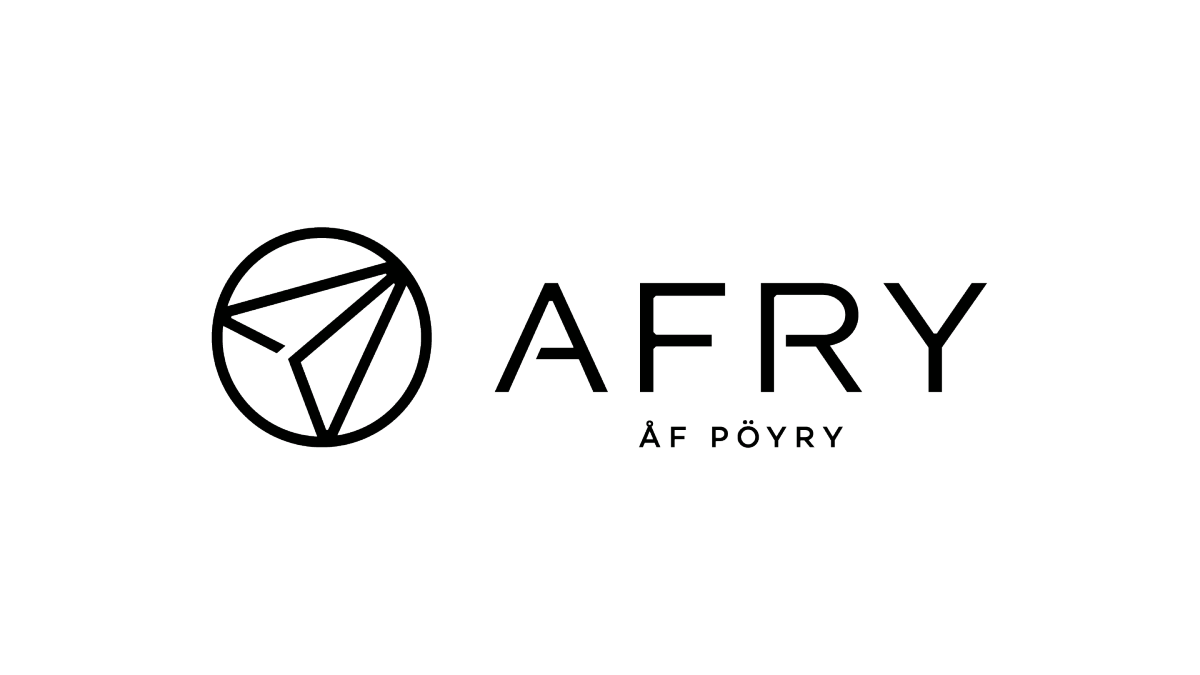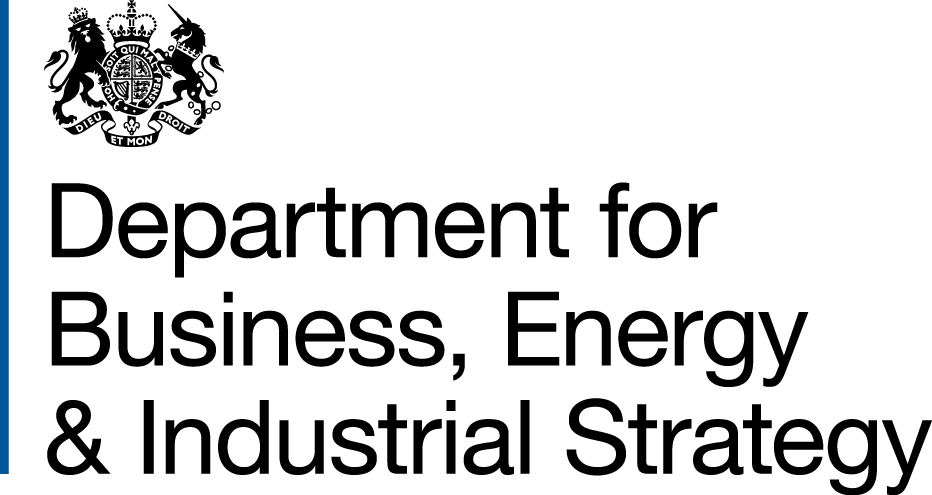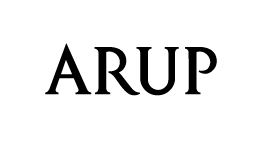Jump to section
Programme
- 13 Sep 2021
- 14 Sep 2021
Conference Registration and Coffee
Sultan Nazrin Shah Centre, Worcester College, 1 Walton St, Oxford OX1 2HB
Welcome
Opening Keynote Address: Energy for a Net Zero Society
First Plenary Session: Keeping warm and staying cool in a net zero society
Our societal need to keep warm and stay cool in homes and workspaces drives a major slice of current greenhouse gas emissions. To reach net zero we will need to transform energy systems for heating and cooling. Analysis suggests that this will be hugely challenging, involving a range of solutions across different regions, building types and end users. Big questions around how to deliver heat load in winter without excess cost of idle capacity in summer, the right combination of building efficiency improvement, new fuels (hydrogen, bio-methane, steam, etc.) and potentially a range of seasonal storage and flexibility remain to be resolved. Now with the adoption of a net zero target, is a timely moment for strategic new thinking around how to shape markets, share costs, harness UK capabilities and reconcile regional priorities to deliver zero carbon energy for buildings.
Questions and Discussion
Lunch
First Parallel Session – Dialogue & Paper Sessions
Auditorium
Chair: Dr Tanja Groth
2:00pm Options and costs of using hydrogen for heating
Dr Paul Dodds, University College London
2:30pm Net zero heating: identifying evolvable least-cost system architectures for the UK
Dr Daniel Scamman, University College London
3:00pm Technological phase-out experiences in the Energy Sector: Using historic and international analogues to inform ‘net zero’ heat decarbonisation policymaking in the UK
Dr Niall Kerr, University of Edinburgh
Nash East
Chair: Dr Matthew Hannon
2:00pm Balancing act: How to align social and environmental interests in the light of the pandemic and in the pursuit of net zero
Sharon Darcy, Sustainability First
2:30pm The human capital implications of net zero on the energy sector
Rob Murphy, Energy & Utility Skills
3:00pm Supporting smart metering innovation to drive energy savings for homes and small businesses
Kelly Finnerty, Department of Business, Energy and Industrial Strategy (BEIS)
Memorial Room
Chair: Jonathan Thurlwell
2:00pm Conclusions from the DEePRED project – distributional impacts of flexible electricity tariffs
Dr Timur Yunusov, University of Reading
2:30pm Rebound effects erode half the energy savings from improved energy efficiency: Implications for the Net Zero transition
Dr Paul Brockway, University of Leeds & Prof Steven Sorrell, University of Sussex
3:00pm Using qualitative social science to investigate the desirability of decarbonisation pathways: evidence from the FLEXIS project
Dr Chris Groves, Cardiff University
Delivering an inclusive green recovery for UK industry
Prof Peter Taylor, University of Leeds
Nash West
Panel:
- Prof Peter Taylor, University of Leeds
- Imogen Rattle, University of Leeds
- Matthew Rhodes, Camirus
- Vivienne Geard, BEIS
- George Day, ESC
- Aaron Goater, Climate Change Committee
- Erik Mielke, Wood Mackenzie
Citizen participation: promoting or prohibiting a green recovery and just transition?
Dr Rebecca Ford, University of Strathclyde and Fraser Stewart, University of Strathclyde
Seminar Hinton
Panel:
- Dr Rebecca Ford, University of Strathclyde
- Fraser Stewart, University of Strathclyde
- Aimee Ambrose, Sheffield Hallam University
- Stefanie Reher, University of Strathclyde
- Sam Gardner, Scottish Power
- Keith Bell, University of Strathclyde
Considering the Sixth Carbon Budget as a case study for an NDC – a strategic look at COP26
Jenny Hill, UK Climate Change Committee
Seminar Le May
Panel:
- Jenny Hill, Head of Buildings and International Action, UK Climate Change Committee
- Emanuel Guerin, Executive Director for the International Group, European Climate Foundation
- Alex Kazaglis, Director, Vivid Economics
- Mike Thompson, Chief Economist, UK Climate Change Committee
- Lola Vallejo, Climate Programme Director, Institute for Sustainable Development and International Relations
Tea
Second Parallel Session – Dialogue & Paper Sessions
Nash East
Chair: Prof Robert Gross
4:00pm Plug and play: The impact of plug-in frequency on the potential of vehicle to grid to support transport and electricity system decarbonisation
Dr James Dixon, University of Strathclyde
4:30pm Can the Market Alone deliver EV charge points?
Claire Thornhill, Frontier Economics & Shira Lappin, UK Power Networks
5:00pm Achieving a net-zero carbon railway
Dr Nazmiye Ozkan, Cranfield University
Memorial Room
Chair: Janet Wood
4:00pm Local Values & Business Models: a look at energy services
Dr Ralitsa Hiteva, University of Sussex
4:30pm Policies to unleash UK community energy finance
Dr Matthew Hannon, University of Strathclyde
5:00pm Exploring impact of social norms on adoption of local generation in an urban environment
Dr Pallavi Roy, Ryerson University Canada

Auditorium
Chair: Prof Richard Green
4:00pm The role of interconnectors in decarbonising Great Britain’s electricity system
Dr Waqquas Bukhsh, University of Strathclyde
4:30pm Understanding overlapping climate policies: Internal carbon leakage and the punctured waterbed
Dr Robert Ritz, University of Cambridge
5:00pm Delivering a smarter energy system: How interconnectors help deliver a cleaner, more secure and affordable energy system
John Greasley & Tracey Walker, National Grid
Nash West
Chair: Dr Abigail Martin
4:00pm Comparative assessment of electrification and low carbon gases for decarbonising heating in buildings
Pooya Hoseinpoori, Imperial College London
4:30pm The role of policy in creating opportunities for alternative futures in heat decarbonisation
Prof Tim Foxon, University of Sussex
5:00pm The role of hydrogen in meeting UK’s net-zero target by 2050
Dr Felix Chow-Kambitsch, Aurora Energy Research
The “Glide-Path” to Net-Zero
Prof Neil Strachan, University College London
Seminar Hinton
Panel:
- Neil Strachan, University College London
- Alec Waterhouse, BEIS
- George Day, Energy System Catapult
- Rachel Freeman, University College London
- Emily Cox, Cardiff University

Why innovation is vital to achieving net-zero
Vivid Economics
Seminar Le May
Panel:
- Antonia Mattos, BEIS
- Pia Andres, London School of Economics
- Dr Eugenie Dugoua, London School of Economics
- Ana Barbedo, Vivid Economics
Student and Young Energy Professional Session
Auditorium
Chairs: Prof Peter Taylor & Dr Maria Sharmina
Biofuels to deep decarbonisation: Brazil’s puzzle and its consequences
Danilo Perecin, Imperial College London
Net Zero Transition in Great Britain: How to Make Peer-to-Peer Electricity Markets Work
Timothy Capper, University of Manchester
Unpacking the governance of Greater Manchester’s low-carbon energy transition
Ami Crowther, University of Manchester
A Just Transition for UK oil and gas workers?: Achieving re-employment after job loss
Kirsty Denyer, University of Reading
Evidence-informed energy policy in the West Midlands
Laurie Duncan, University of Birmingham
Lessons for new business models for a net-zero transition: the case of solar energy companies in Kenya
Velma Mukoro, University of Manchester
Analysis of supply chain emissions from Russian pipeline gas and LNG exports
Irina Semykina, University College London
The challenges of linking personal mobility with domestic energy
Alexandra-Elena Vitel, University of Leeds
Close
Conference Drinks and Dinner
After Dinner Speaker
Worcester College Garden Quad and Dining Hall
Conference Registration (single day delegates)
Sultan Nazrin Shah Centre, Worcester College, 1 Walton St, Oxford, OX1 2HB
Diversity and Skills Breakfast Session
Achieving the social transformation needed to transition to Net Zero will require policy makers and (the energy?) industry to design the policies, products and services that reach out to ALL consumers in an effective way. To what extent should the diversity of UK Consumers be taken into account? How will/should this affect the way policies and technologies are designed? And how should the call for societal transformation be conveyed to consumers in a compelling way?
Welcome
Keynote Address: Energy for a Net Zero Society
Second Plenary Session: Mobility in a net zero society
The electrification of personal transport now seems inevitable. The substantial electrification of road freight is also possible, though dependent on how the technology options, including batteries, catenaries and hydrogen, develop. There remain many other uncertainties along the way, depending on developments in road and charging infrastructure, autonomous vehicles, shared ownership, flexible working in time and place, and smart grids. But it is not just a technology story. What is the contribution to emissions reduction from changes on the demand-side? Experience in the COVID-19 lockdown has demonstrated big increases in remote working, and in cycling. How might these develop? How much further can business travel adjust? Finally, what are the options for aviation and shipping, and – in respect of the former – for constraining demand.
Questions and Discussion
Coffee
Third Parallel Session – Dialogue & Paper Sessions
Auditorium
Chair: Dr Maria Sharmina
11:30am UK Heat Networks: The prospects of decarbonisation through developing a heat marketplace
Thomas Demetriades, ELEXON
12:00pm Decision support tool for improving energy and environmental performance of public sector multi-energy systems
Dr Muditha Abeysekera and Dr Sathsara Abeysinghe, Cardiff University
12:30pm Energy Innovation: BEIS £505m programme – lessons learned and setting future priorities
Matthew Billson, BEIS
Memorial Room
Chair: Dr Abigail Martin
11:30am Democracy and Electricity: Institutions, Industrial Representation and Technology Deployment Rates
Dr Zeynep Clulow, University of Cambridge
12:00pm Energy for a Net Zero Society – Comments on Energy Policy
Catalina Guillen Rozo
12:30pm Regional energy futures as decision support in the transition to net zero emissions
Claire Copeland, University of Sussex
Nash East
Chair: Dr Maureen Paul
11:30am Regulatory sandboxes in the energy sector: are they key to the transition to a net zero future?
Alexandra Schneiders, University College London
12:00pm What do regional energy systems operators look like in a net zero world?
Matthew Rhodes, Camirus Ltd
12:30pm Blockchain Based Energy Trading: Regulatory Changes Proposed and Needed to Facilitate Blockchain in the GB Energy Market
Aditi Tulpule, ELEXON
Nash West
Chair: Prof Peter Taylor
11:30am Exploring the implications of landscape visual impact of renewable technologies for future low carbon energy systems in Great Britain
Prof Russell McKenna, University of Aberdeen
12:00pm Addressing the socio-economic disparities of net zero transition
Dr Piera Patrizio, Imperial College London
12:30pm The impact of Digital Technologies on OECD Energy Demand
Dr Shivani Taneja, University of Nottingham
Electric cars: prone to disruption by something else entirely?
Seminar Hinton
Panel:
- Roger Hunter – VP Electric Mobility, Shell
- Claire Thornhill – Associate Director, Frontier Economics
- Gwyn Ephraim – Transport Planner, Arup
Lunch
Third Plenary Session: Jobs prosperity and production in a net zero society
Industrial activities and commercial operations have distinct bespoke requirements in terms of heat and motion they derive from the energy sources they use. This affects all aspects of the productive economy from energy intensity, carbon footprint, innovation and employment. The way these needs can be met in future will determine how zero carbon processes are embedded in the macro economy, and will explore where there are tensions in terms of the cost to GDP of decarbonisation, as well as the opportunities that may arise for the zero carbon economy to be more efficient than the high carbon one. Finally the session will ideally cover the financial implications of the decarbonised economy and, in particular the different options for the required investment to be raised: whether from the private sector, governments or consumers. This has implications for the structure of society – how to make the zero carbon society works for all and no-one gets left behind due to, for example, financial or digital exclusion.
Questions and Discussion
BIEE AGM
Tea and Close
Programme Overview
You can view a programme overview here.
Please note that the programme is subject to change.
Sponsors
Gold Sponsor
Silver Sponsors











Post your comments and questions for the speakers here